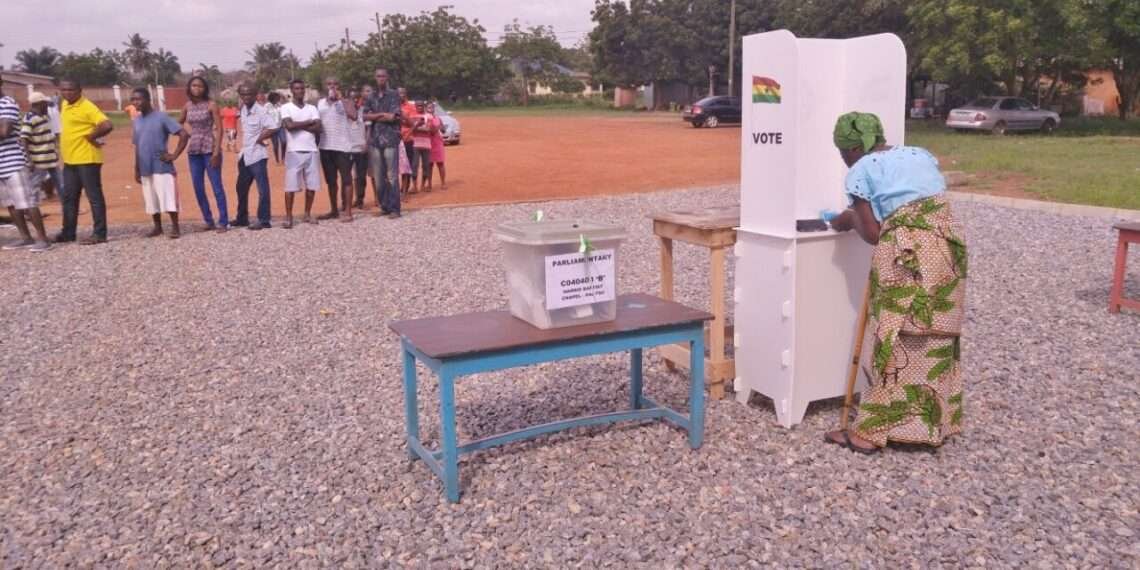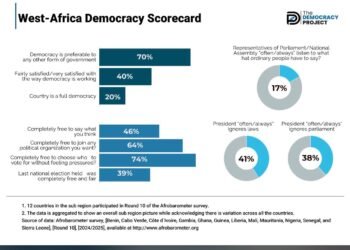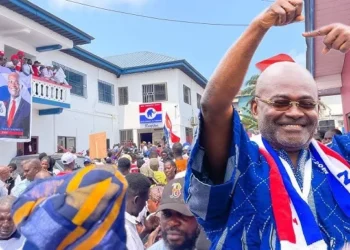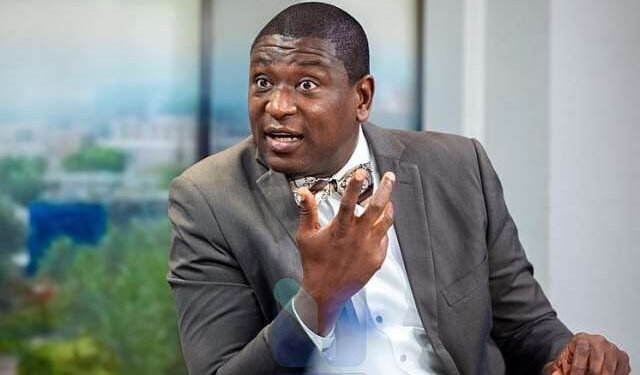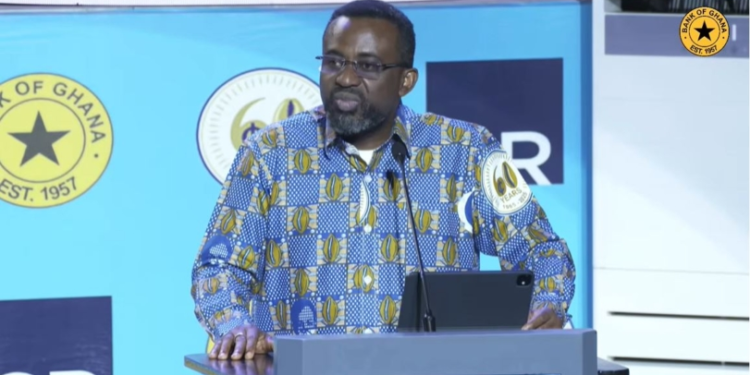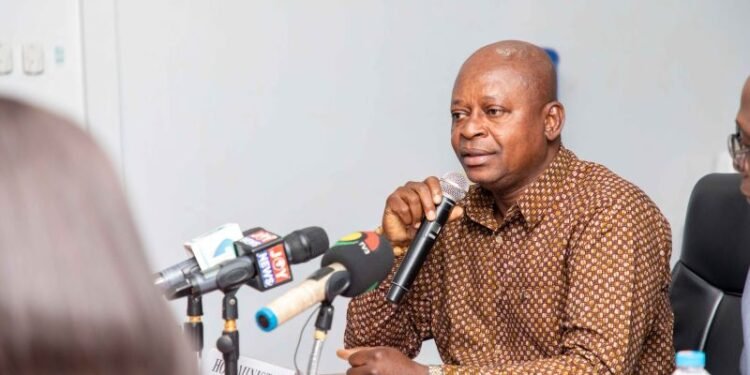As Ghana inches closer to the highly anticipated December 7, 2024, general elections, the nation’s Electoral Commission (EC) has reiterated its commitment to adhering to the electoral calendar it released earlier in March.
This assurance, provided by Dr. Serebour Quaicoe, the EC’s Director of Training, comes amid concerns from various political parties, civil society organizations, and the general public regarding the transparency, preparedness, and integrity of the electoral process.
“We are within the law. We need not lose sight of the fact that mop-up was just completed last Saturday, August 3, 2024.”
Dr. Serebour Quaicoe, the EC’s Director of Training
This commitment to following legal processes is crucial, as it underscores the EC’s determination to avoid any shortcuts that could undermine the credibility of the elections.
Dr. Quaicoe highlighted the importance of accuracy and due diligence, particularly in the vetting of figures from the voter registration exercises. This is a critical point, as errors in the voter register could have far-reaching implications for the integrity of the elections.
Moreover, Dr. Quaicoe assured that no polling station would have more than 750 voters, a decision made to prevent confusion and ensure timely collation of results. This measure, while seemingly administrative, is vital in reducing the risk of electoral fraud and ensuring that the voting process is efficient and orderly.
Another point of contention that emerged during the forum was the request for a live broadcast of the presidential collation results, a request that the EC has yet to commit to.
Dr. Quaicoe’s response that the EC has its own plans, which will be announced in due course, may be interpreted as a strategic move. However, it also raises questions about the level of transparency that the EC is willing to offer.
In a democratic system, transparency is key to ensuring that all stakeholders, including political parties and the electorate, have confidence in the electoral process.
A live broadcast of the collation results would provide real-time access to the results, reducing the potential for misinformation and increasing the legitimacy of the outcomes. The EC’s reluctance to fully embrace this suggestion could be seen as a missed opportunity to enhance transparency.
Legal Process and Electoral Integrity
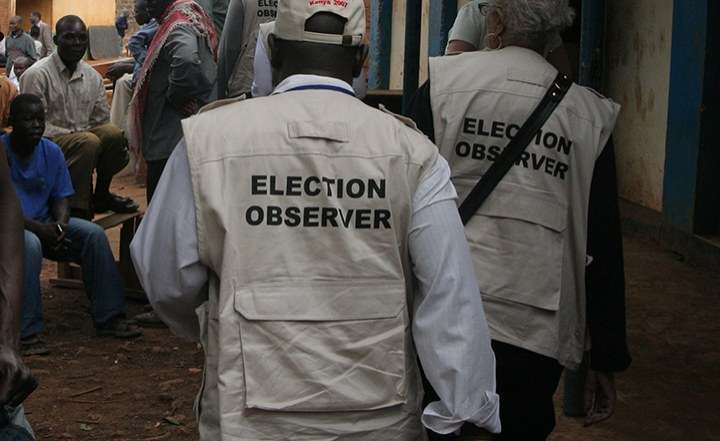
Dr. Quaicoe’s emphasis on the EC’s adherence to legal processes is reassuring, especially in a country where electoral disputes can lead to significant political instability. By following the legal framework, the EC is positioning itself as a neutral arbiter committed to upholding the rule of law.
This approach is critical in maintaining the integrity of the electoral process, particularly in a highly polarized political environment.
However, the EC must also recognize that strict adherence to legal processes, while necessary, is not sufficient on its own to guarantee electoral integrity. The commission must also be proactive in addressing the concerns of all stakeholders and ensuring that the process is transparent, inclusive, and fair.
While the EC’s reassurances are welcomed, the timing and context in which they are given cannot be ignored. The National Democratic Congress (NDC) and other political parties have raised concerns about the supposedly delayed release of the provisional voter register.
The EC’s decision to reschedule the Voters Exhibition Exercise from August 1-8, 2024, to August 20-27, 2024, further amplifies these concerns.
The postponement of the exhibition exercise, attributed to the need to complete the mop-up voter registration, might be justified from a logistical standpoint. However, it also places additional pressure on the EC to ensure that all processes are completed without further delays.
Any misstep at this stage could fuel suspicions and erode public confidence in the electoral process.
The success of the December 7 elections will depend not only on the EC’s ability to adhere to its calendar but also on its capacity to address the concerns of stakeholders and maintain public confidence in the process.
As the countdown to the elections continues, the EC’s every move will be closely watched. The stakes are high, and the commission’s ability to deliver on its promises will be critical in determining the credibility of the 2024 elections and, by extension, the stability of Ghana’s democracy.
READ ALSO: Sharp Rise in Asylum Seeker Deaths Sparks Concern

